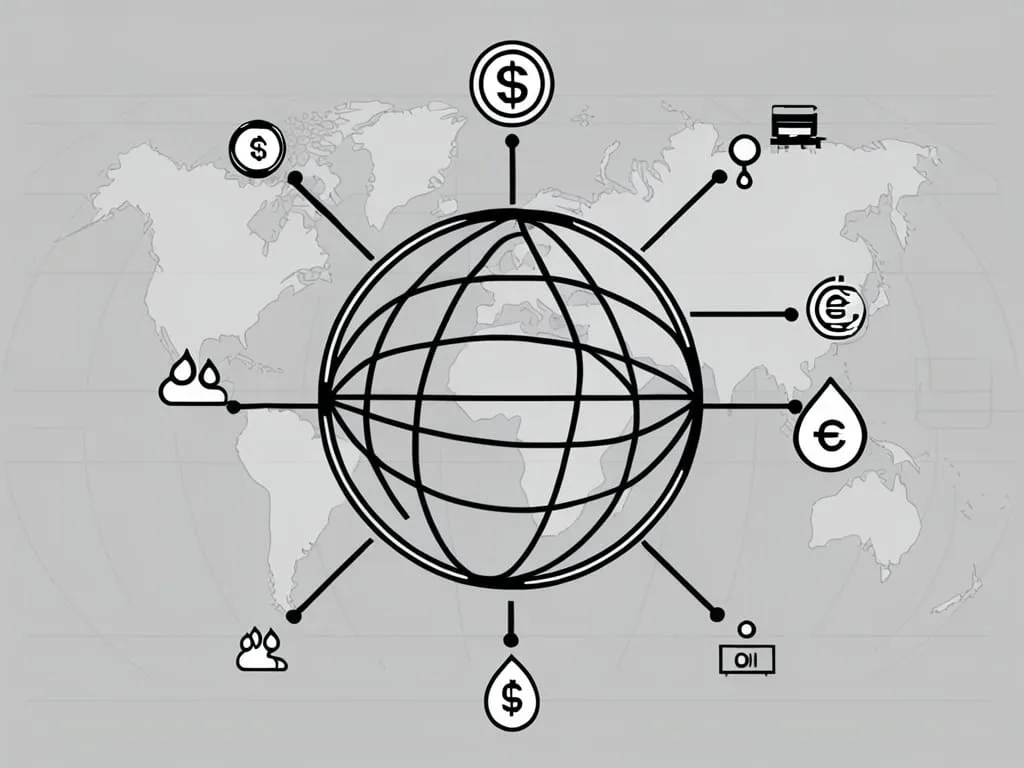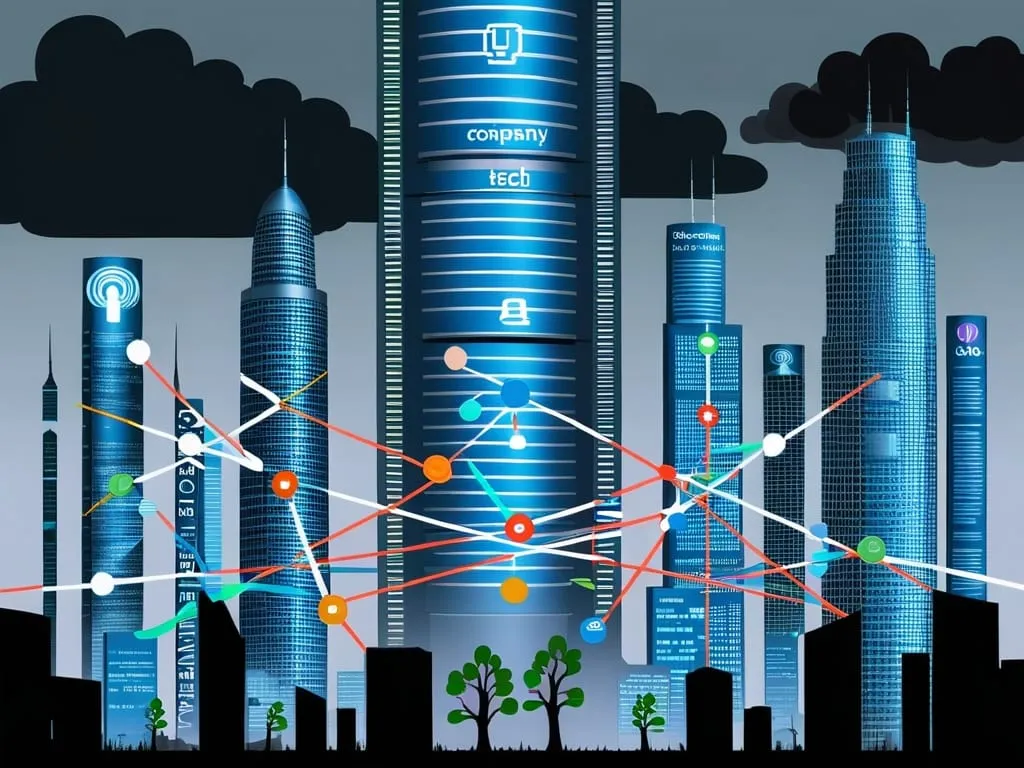In the bustling streets of modern cities, you might notice Ravi, a food delivery driver, and Priya, a freelance graphic designer, going about their days with a mix of determination and uncertainty. They are part of a growing demographic: gig economy workers. This segment of the workforce is redefining the traditional notions of employment, but it also comes with its own set of financial challenges.
The Reality of Irregular Income
Ravi's day starts early, as he logs into the food delivery app, ready to take on the first orders of the day. His income is as unpredictable as the weather; some days are bustling with orders, while others are slow. This irregularity makes budgeting a constant struggle. Priya, on the other hand, works on a project-by-project basis, often experiencing dry spells between gigs. For both, managing finances is a daily juggling act.
Self-Employment Taxes and Limited Benefits
One of the most significant hurdles gig workers face is the complexity of self-employment taxes. Unlike traditional employees, Ravi and Priya have to handle their own tax calculations, deductions, and filings. This can be overwhelming, especially when income is inconsistent. Moreover, they lack access to traditional employer-provided benefits such as health insurance, retirement plans, and paid leave.
Crafting Innovative Financial Strategies
Despite these challenges, gig workers are finding innovative ways to manage their finances. Ravi uses a budgeting app that helps him track his daily earnings and expenses. He sets aside a portion of his income each day for taxes and savings, ensuring he is prepared for the unpredictable nature of his work. Priya, meanwhile, has adopted a zero-based budgeting approach, where every dollar is allocated to a specific expense or savings goal.
The Role of Fintech in Empowerment
The rise of fintech has been a game-changer for gig workers. Platforms like Wingspan offer comprehensive tools for managing payroll, benefits, and taxes all in one place. Ravi can now automate his tax calculations and keep track of his finances more efficiently. Priya uses a fintech platform that provides her with a business bank account and a debit card, making it easier to separate her personal and business expenses.
Access to Financial Products
Securing loans and credit is another significant challenge for gig workers. Traditional banks often struggle to verify the eligibility of gig workers due to their non-traditional income sources. However, fintech companies are stepping in to fill this gap. For instance, companies like Hastee Pay and Wagestream offer immediate access to earned income, addressing the critical need for cash flow management. This means Ravi can get paid as soon as he completes a delivery, rather than waiting for a weekly or monthly payout.
Retirement and Health Insurance
Planning for retirement and managing health insurance are also critical concerns for gig workers. Traditional retirement plans like 401(k)s are often out of reach, but fintech firms are launching new solutions. For example, Robinhood's retirement savings plan for independent workers provides a much-needed alternative. Priya has enrolled in this plan, which offers her an enhanced match and unlimited access to financial counseling services.
Health Insurance and Emergency Funds
Health insurance is another area where gig workers face significant challenges. Without employer-provided coverage, they must seek out individual plans or rely on public options. Some financial institutions, like 1166 Federal Credit Union, offer emergency funds specifically designed for gig workers. These funds can cover unexpected expenses such as medical emergencies or car repairs, providing a safety net that traditional employment often offers.
Enhanced Security and Data Insights
Embedded finance solutions within gig platforms also enhance security measures and provide a consolidated view of financial health. For Ravi, this means his financial transactions are handled securely within the platform, reducing the risk of fraud and providing him with real-time access to his financial data. This data can be used to make informed decisions about his financial services, such as tailored insurance products and credit offerings based on his work history.
Regulatory Hurdles and Partnerships
Despite the benefits, integrating financial services into gig platforms is not without its challenges. Regulatory hurdles, technical integration, and data security concerns are significant barriers. However, partnering with fintech companies that bring regulatory expertise and infrastructure can help navigate these issues. For instance, Unlimit's collaboration with Native Teams demonstrates how effective partnerships can ensure compliance and enhance service offerings.
The Future of Work and Finance
As the gig economy continues to grow, it is clear that fintech will play a crucial role in empowering gig workers. By offering personalized financial products, real-time access to earnings, and comprehensive financial management tools, fintech firms are bridging the gap between traditional employment benefits and the needs of modern workers.
Ravi and Priya's stories illustrate the evolving nature of work and personal finance in the gig economy era. Despite the uncertainties, they are finding ways to thrive through innovative financial strategies and the support of fintech solutions. As the landscape continues to shift, one thing is certain: the future of work will be more flexible, more digital, and more financially inclusive.
In this new economy, gig workers are not just navigating uncertainty; they are also uncovering new opportunities. With the right tools and support, they can achieve financial stability and independence, even in the most unpredictable of times. The gig economy is here to stay, and as it evolves, so too will the financial ecosystem that supports it. For Ravi, Priya, and millions of other gig workers, this evolution is not just about survival but about thriving in a world where work and finance are more interconnected than ever before.






